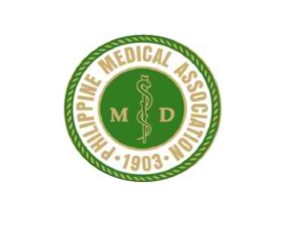Oral sex with partner with genital warts increases risk of cancer

The finding linking a virus that causes genital warts to oral cancer was tackled at a recent joint scientific conference of the Philippine Medical Association (PMA) and the Philippine Dental Association (PDA) as part of this year’s celebration of National Cancer Consciousness Week.
People who have had more than five oral sex partners were nine times more likely to have cancer of the tonsils, tongue or throat, said the PMA, referring to a study published in the New England Journal of Medicine.
In a statement on Tuesday, the PMA cited studies showing that the human papilloma virus (HPV), mainly responsible for cervical cancer among women, could also cause oral cancer in both men and women who have been engaging in unprotected oral sex.
It further warned that many young Filipinos could be vulnerable to oral cancers as “many teenagers of today are more sexually adventurous.”
Citing a study by the University of the Philippines Population Institute, it said that at least 4.23 million Filipinos aged 15 to 24 were already sexually active. Of this number, only 20 percent of the respondents were known to use protection such as condoms.
“The popular practice of unprotected oral sex can lead to various infections of the oral cavity. Recurrent infections of the mouth can result in the formation of oral cancers,” the PMA quoted the Movement for Early Detection of Cancer (MEDCA) convener, Dr. Vic Fileto Chua, as saying.
Aside from the HPV, sexually transmitted infections—such as herpes, gonorrhea, Chlamydia—contracted through oral sex can also lead to cancers of the mouth, noted Chua.
A related study conducted by the PDA’s Manila Dental Chapter showed a 15-percent prevalence of oral lesions among residents. At least 1.5 percent of these lesions were in the pre-cancer and oral cancer stage.
“Any lesion of the mouth should be seriously considered…not all can develop into cancer but malignancy must always be taken as an imminent possibility,” said Dr. Anne Camus, president of the PDA’s Manila dental chapter.
A regular check-up with a dentist would help detect malignancies in the mouth, she said.
The PMA president, Dr. Oscar Tinio, said the joint conference that tackled such health issues was part of the organization’s nationwide campaign against non-communicable diseases (NCDs), including cancer.
“NCDs, which cause 60 percent of all disease-related deaths worldwide, are lifestyle-driven diseases and can actually be prevented,” noted Tinio.
“The PMA, together with our health partners, would like to take a multi-sectoral approach in our information and prevention drive against these dreaded diseases,” he added.
